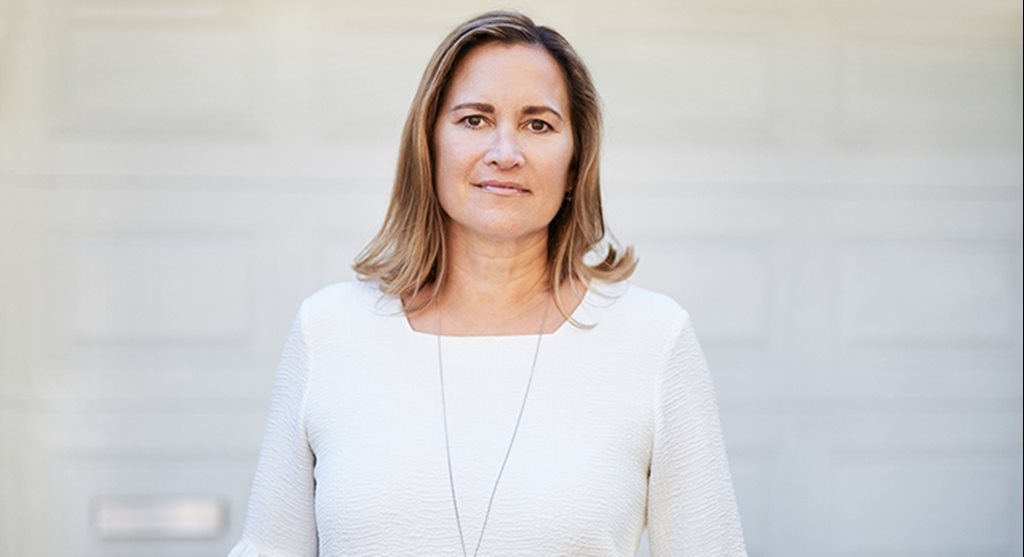
Physician burnout is one of the biggest crises facing the health care system. But the issue of burnout can’t be addressed without recognizing the exorbitant emotional cost that working in a culturally unsafe environment exacts from some of our peers.
On top of all the other stressors of practising medicine, imagine feeling that your hard work and contribution is discounted because of the colour of your skin, your sexual orientation, and/or your religion. Imagine the emotional toll of daily encounters with overt bigotry and microaggressions from patients and colleagues, alike. I remember one doctor, a Black woman, who, in describing the burden of bias, said it felt like she was carrying a large boulder on her back, all day, every day.
A recent U.S. study demonstrated physicians who experience mistreatment and discrimination are more likely to have burnout. Nearly 30 percent of the more than 6,500 physicians who participated in the study reported experiencing discrimination and mistreatment from patients, patients' family members or visitors. As the frequency of being subjected to racially or ethnically offensive remarks increased from never to several times a week, the researchers observed an increase in the percentage of participants with high emotional exhaustion (28.6 percent to 67.6 percent), high depersonalization (19.8 percent to 56.7 percent) and burnout (34.5 percent to 76.7 percent).
Any conversation about physician health must recognize the toxic and destabilizing role of discrimination.
The long journey to dismantling oppression in the system begins with self-reflection. Over the last few years, I’ve examined my own privilege as a white, cisgendered person. I’ve looked at what that privilege has afforded me and significantly, how it insulated me from some of the harsh realities faced by other doctors.
I’ve also recognized what it means to be an ally, which is more than just having good intentions. It goes deeper than that — it’s reflecting on your own biases, and understanding your part in perpetuating or breaking down barriers to progress. It’s about being aware of your power and privilege, and using that to advantage others and challenge the status quo.
As the cover article in this issue of Dialogue explains, critical allyship is about three commitments:
- Understand your role in upholding systems of oppression that create health inequities.
- Learn from the expertise of, and work in solidarity with, historically marginalized groups to help you understand and take action against systems of inequality.
- Work to build insight among others in positions of privilege and mobilize in collective action under the leadership of people who have been marginalized.
In a culture where allyship thrives, people function differently. They feel heard, they feel included, and because they are now sitting around the table where decisions are made, they can be a source of fresh thinking and approaches.
“You are able to have inputs of people’s different lived experiences to infuse into what you’re trying to do,” says Dr. Mojola Omole, a surgical oncologist in Toronto and a member of the board of the Black Physicians’ Association of Ontario, in the article. “Diverse voices give you a better product — the product here being health care.”
The long journey to dismantling oppression in the system begins with self-reflection.
There is no easy solution for physician burnout and, of course, systemic oppression is even more complex. But any conversation about physician health must recognize the toxic and destabilizing role of discrimination. As an anesthesiologist, I was pleased to see my speciality include equity, diversity and inclusion in the wellness section of our broader 2022 Canadian Anesthesiologists’ Society Guidelines. This is work that needs to continue.
So often, the problems we face seem so large and overwhelming that one wonders how one individual could ever possibly make a difference. This is not the case with allyship. The solution begins at the individual level. Every voice raised in solidarity will be heard by someone else and empower others to speak up. It will have a ripple effect across the system. The solution starts with each of us.
Thank you,
Janet











